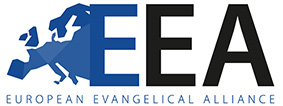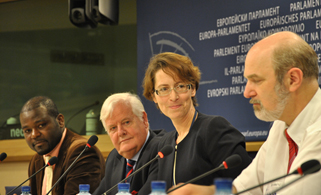Latest Posts
-

Fourth mark of mission: Transform Society
- Deeply Rooted, NEWS, NEWSLETTERS, SLIDER
- April 9, 2024
-

Bible & Culture 2.0
- Deeply Rooted, NEWS, NEWSLETTERS, SLIDER
- April 9, 2024
-

EFN Bridge 2024 Conference
- Deeply Rooted, NEWS, NEWSLETTERS
- April 9, 2024
-

-

Call to Action - General Assembly 2019
- ISSACHAR PROJECT, NEWS
- February 15, 2024
Receive the EEA newsletter!








